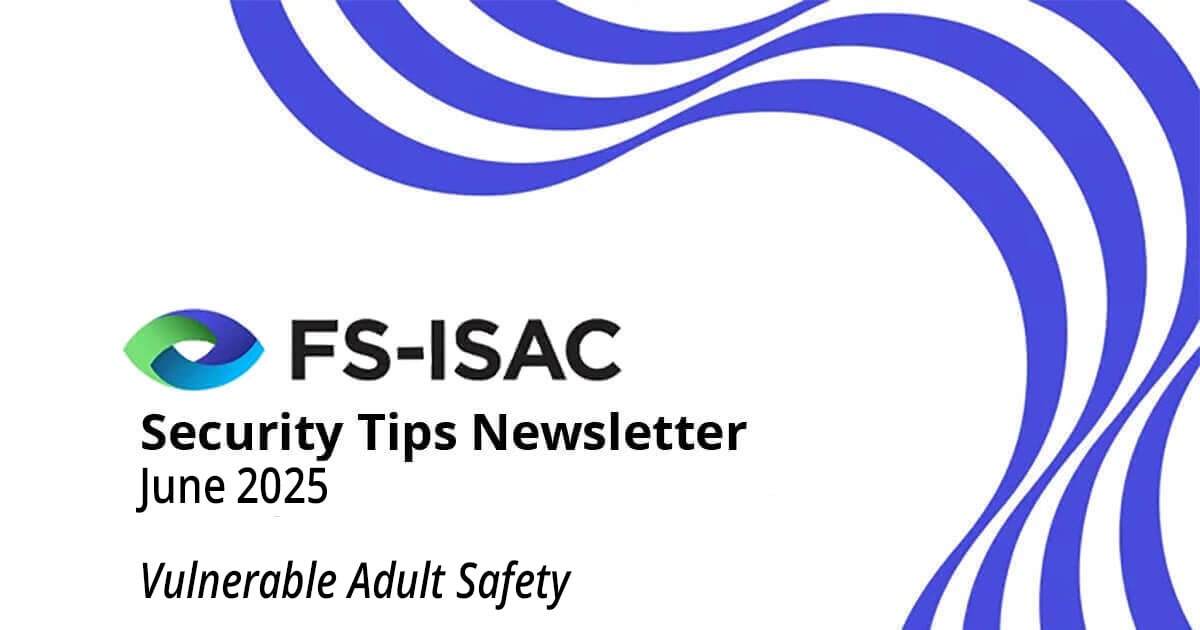
In her book, The Good Earth, American writer Pearl Buck wrote, “Our society must make it right and possible for old people not to fear the young or be deserted by them, for the test of a civilization is the way that it cares for its helpless members.”
The abuse of vulnerable adults can be emotional, physical, or financial — and one type of abuse, financial fraud, is surging. Common fraud schemes include:
Financial institutions train their employees to be aware of financial abuse; however, there are signs and actions you can take to protect your loved ones.
From the World Health Organization:
From the FBI:
From National Adult Protection Services:
| Signs of Scams by Strangers | Signs of Scams by Caregivers |
| Notification of a lottery or sweepstakes prize for someone who didn’t enter the contest | Inappropriate power of attorney request for oversight of financial and physical assets |
| Unsolicited offer to do home repair such as inspections, roofing, driveway repair, etc. | Addition of co-signers to a bank account, used primarily by the co-signer |
| Message that a family member has been in an accident or is in jail and urgently needs funds | Unauthorized use of ATM cards to withdraw funds from the victim’s account |
| Solicitation of money for a non-existent charity | Threats of or actual physical and mental abuse to obtain money |
| Intimidating telemarketing call demanding money, gift cards, or bank account numbers | Exploitation of vulnerabilities by in-home care providers — i.e., demands for money to perform tasks, falsified timesheets, failure to perform duties, theft |
| Wire transfer fund request |
The federal government, states, commonwealths, territories, and the District of Columbia all have laws designed to protect older adults from elder abuse and guide the practice of adult protective services agencies, law enforcement agencies, and others. These laws vary considerably from state to state.
If you believe a vulnerable adult is being abused, the following organizations can help:
Please remember to notify the vulnerable adult’s financial institution so it can protect their assets and investigate the matter.
Immediately change any passwords you might have revealed. Consider reporting the attack to IC3.gov and the police and file a report with the Federal Trade Commission.
If you identify suspicious activity involving your financial institution, contact them immediately.
©FS-ISAC, Inc. | All Rights Reserved
Reprinted with permission. The views, information, or opinions expressed in this article are solely those of the author and do not necessarily represent the views of Citizens State Bank and its affiliates, and Citizens State Bank is not responsible for and does not verify the accuracy of any information contained in this article or items hyperlinked within. This is for informational purposes and is no way intended to provide legal advice.